
STDs
STDs like gonorrhea can lead to urethral strictures and epididymo-orchitis. This may lead to impediments in the passage of sperms. Infection with Ureaplasma urealyticum may damage the DNA of the spermatozoa or impair their condensation or motility. Diseases like Chlamydia trachomatis and Neisseria gonorrhea can get transmitted to the female partner. There, they may cause pelvic inflammatory disease and tubal obstruction. Moreover, patients suffering from sexually transmitted diseases are more prone to protract human immunodeficiency virus (HIV). As the infection by HIV progresses, the quality of semen deteriorates. Prostatitis, which is infection of the prostate gland, and mumps orchitis, which is inflammation of the testes due to mumps, may also affect male fertility.
- Important notification about information and brand names used in this slideshow!
- Photo courtesy of Pedro Figueiredo by Flickr : www.flickr.com/photos/pfig/183368284/
- www.webmd.com/infertility-and-reproduction/male-fertility-test?page=2
- http://www.mayoclinic.com/health/male-infertility/DS01038/DSECTION=causes
- https://www.stanford.edu/class/siw198q/websites/reprotech/New%20Ways%20of%20Making%20Babies/causemal.htm
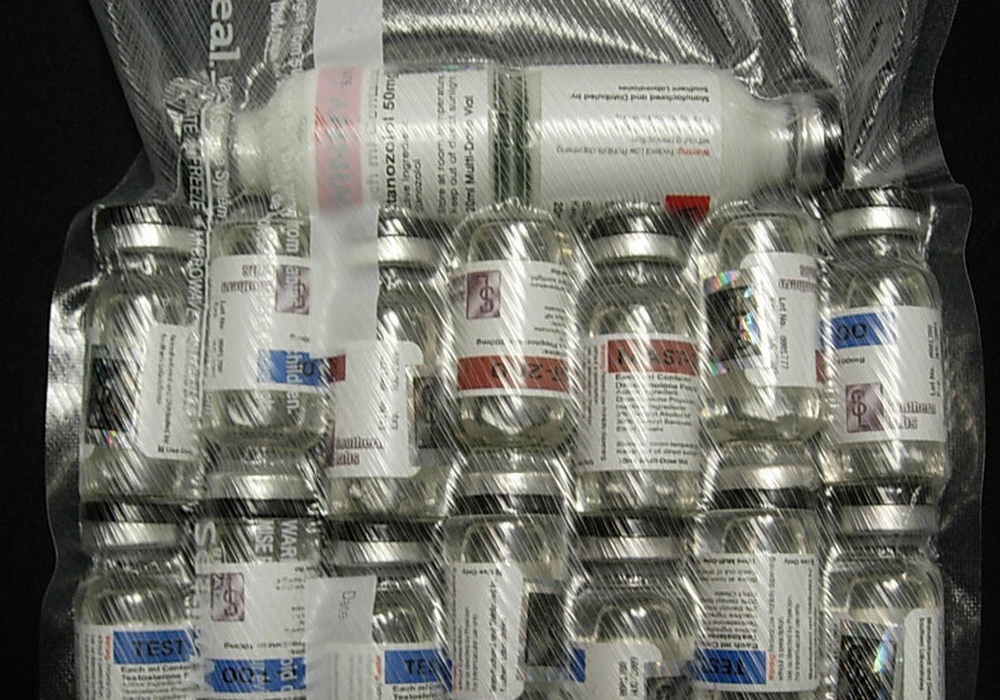
Steroid abuse
Anabolic steroids are often abused by athletes to stimulate muscle mass and their strength. These drugs are being frequently abused by non-athletes as well to build muscles and reduce body fat. Many dietary supplements produced by spurious sources are also laced with anabolic steroids. Abuse of steroids for a long term may interfere with testosterone production. This may lead to reduced formation of sperms. The amount of damage produced is directly related to the type of steroids abused, their dosage and the duration for which they have been abused. Long term abuse may lead to atrophy of the testes. However, most men recover from the ill effects of anabolic steroids within 3 to 12 months of stopping the drugs.
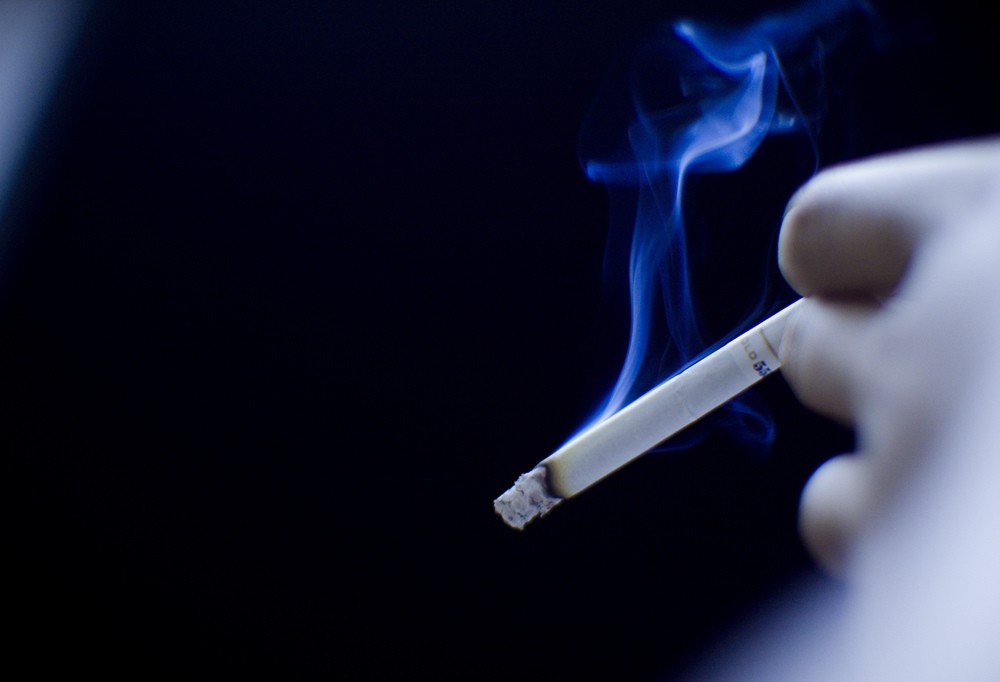
Smoking
Smoking has been associated with multiple side effects. One of these is male infertility. It is believed that smoking not only reduces the sperm count but also adversely affects the motility of the sperms. It damages the structure of the sperm in such a manner that the sperm is no longer able to fight off the destructive free radicals present in the seminal fluid. The sperms become more sensitive to the destructive oxygen molecules present in the seminal fluid making them more liable to injury. The DNA gets fragmented and this hampers the fertilization. Moreover, smoking, in itself, increases the presence of free radicals in the seminal fluid. Experts say that exposure to second hand smoke is just as bad as smoking yourself.
- Important notification about information and brand names used in this slideshow!
- Photo courtesy of DucDigital by Flickr : www.flickr.com/photos/ducdigital/3206288700/
- www.webmd.com/smoking-cessation/news/20100910/smokers-sperm-less-fertile
- https://www.asrm.org/uploadedFiles/ASRM_Content/Resources/Patient_Resources/Fact_Sheets_and_Info_Booklets/smoking.pdf

Too much drinking
According to the guidelines laid down by the National Institute for Health and Care Excellence (NICE), men should not consume more than three to four units of alcohol in a day, otherwise it can have repercussions on their fertility. Drinking too much alcohol can reduce testosterone levels, and hamper spermatogenesis. The sperm quality also suffers. There may be abnormalities in the shape, size and tail of the sperm which, in turn, may affect their motility. Apart from this, excessive consumption of alcohol can damage the liver. This leads to a rise in the levels of the female hormone, estrogen, which may hamper the sperm production. Drinking too much for many years can lead to testicular atrophy and decreased libido.
- Important notification about information and brand names used in this slideshow!
- Photo courtesy of Andy Rennie by Flickr : www.flickr.com/photos/andrewrennie/4792301023/
- http://www.nhs.uk/conditions/Infertility/pages/causes.aspx http://www.streetdirectory.com/food_editorials/beverages/beverages/latest_research_excessive_drinking_may_cause_male_infertility.html
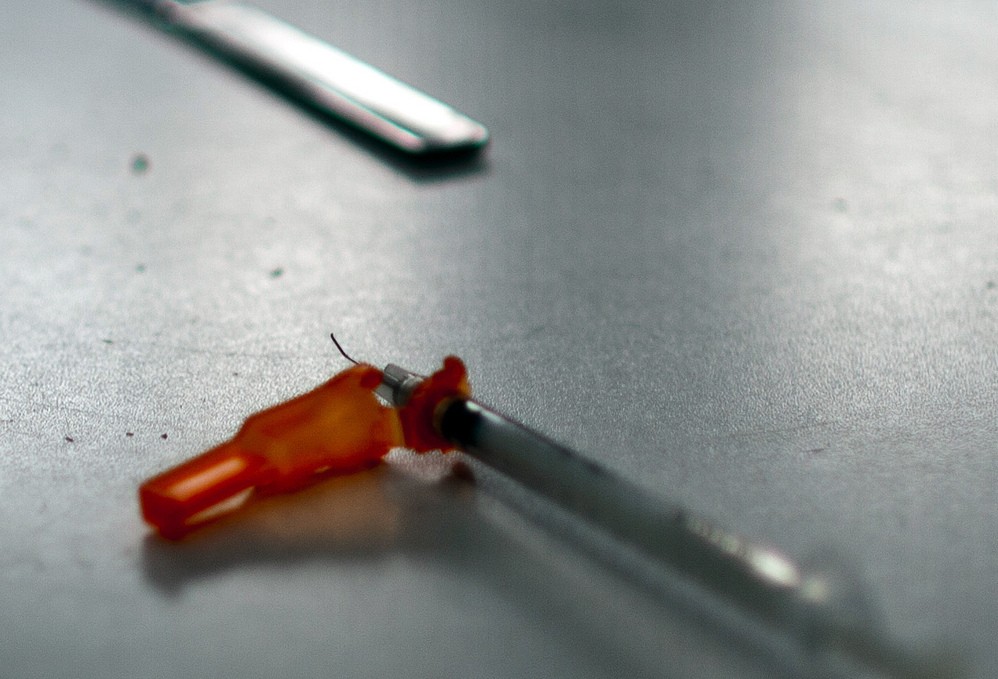
Drug abuse
Abusing drugs like marijuana and opiates may also be dangerous for male fertility. Some of the side effects of these drugs include: • Marijuana: Tetrahydocannabinol (THC), the active ingredient in marijuana, is believed to reduce the production of sperms. It also leads to a loss in libido because of reduced production of testosterone. It also affects the sperm motility. Marijuana is often laced with heavy metals like lead to increase its weight and to add cocaine. High levels of lead in blood and semen are associated with reduced rate of fertilization. • Opiates: Opiates can be abused as illegal street drugs or as prescription medicines given for pain relief. As opiates directly act on the central nervous system, they may hamper the nerve signals which control testosterone production, when taken for a long time. This effect is not seen when opiates are taken for a short time to get pain relief.

Tight underwear
Testes are present in the scrotal bags outside the body because they require a lower temperature for sperm production. Any process by which the temperature around the testes is raised hampers with the normal production of the sperms. Wearing tight underwear can trap the heat around the testes and impair spermatogenesis. Same results are seen if men take too many hot baths or saunas, or ride a cycle too frequently. A research carried out by the researchers from the Universities of Sheffield and Manchester on 2000 men, found little impact of body mass index, lifestyle, alcohol consumption and use of recreational drugs on spermatogenesis. They also found little difference in the quality of sperms of smokers and non-smokers. However, they found that the quality of sperms produced in men who wore tight underwear was much inferior to the quality of sperms produced by men who wore loose boxers.
- Important notification about information and brand names used in this slideshow!
- Photo courtesy of Florin Gorgan by Flickr : www.flickr.com/photos/floringorgan/5150446053/
- www.webmd.com/infertility-and-reproduction/features/boxers-vs-briefs-increasing-sperm-count
- http://www.babyexpert.com/getting-pregnant/fertility/tight-underwear-impacts-most-on-male-fertility/6043.html

Stress
Stress plays a major role in male infertility. A man who is under emotional or physical stress often suffers from a loss of sex drive. This translates into reduced frequency of sexual intercourse. Severe stress may also interfere with sperm production. The number of sperms produced is decreased which decreases the chances of successful fertilization of the ovum. It is important to remember that while stress leads to infertility, failing to conceive may lead to more stress. Thus, stress and infertility together form a vicious cycle where one leads to another. The stress associated with infertility may, in turn, lead to a reduced sense of self-esteem and depression. This may cause marital discordance which may further aggravate the stress.
- Important notification about information and brand names used in this slideshow!
- Photo courtesy of aaayyymm eeelectriik by Flickr : www.flickr.com/photos/aaayyymmm/3300146442/
- www.theafa.org/article/male-infertility-and-stress/
- http://www.netdoctor.co.uk/menshealth/facts/malefertility.htm

Vitamin C and Zinc shortage
Researchers have found that antioxidants like vitamin C and E, and coenzyme Q10 have the ability to boost sperm quality. It has been seen that the association between the oxidative stress in the semen and the sperm’s capacity to deal with it have a profound effect on the quality of the sperm. Men with elevated oxidative stress have reduced sperm counts. But, when antioxidant defenses are strong, the sperm quality and motility is much better. Men, who take adequate amounts of antioxidants like vitamin C, have been found to produce sperms of better quality. Zinc deficiency has also been found to be associated with increased oxidative stress with resultant poor quality of sperms. Moreover, zinc deficiency also leads to a reduction in the volume of semen produced. Studies carried out in past have found an improvement in the sperm count, their mobility and fertilization capacity and reduction in the amount of DNA damage after giving zinc supplementation. There is an increase of almost 74% in the total sperm production when 66 mg/day of zinc is given as supplementation. This is especially effective when folic acid is also given along with zinc.

Obesity
Obesity has an adverse impact on male fertility. In men, obesity is often found to be associated with low levels of testosterone in the blood. Scientists have found that due to peripheral fat deposition, the male hormones are converted into the female hormones. Due to increased production of the female hormones, there is deposition of fat in the breast region and the production of sperm is reduced, leading to infertility. Apart from reduced levels of testosterone, obesity is also a major factor behind erectile dysfunction in men. As the body mass index increases, so does the incidence of erectile dysfunction. Excessive body fat may also act as an obstacle in the mating process. Experts tell us that for every 9 kilograms increase in weight, male fertility reduces by as much as 10%.
- Important notification about information and brand names used in this slideshow!
- Photo courtesy of CGP Grey by Flickr : www.flickr.com/photos/cgpgrey/4888212879/
- www.ncbi.nlm.nih.gov/pubmed/17982356
- http://www.timeswellness.com/article/48/2012010620120105165222607ce160311/Does-obesity-cause-infertility.html

Medical conditions
Several medical conditions, apart from STDs can give rise to male infertility. These include: • Varicocele: This condition involves the swelling of the veins that drain the testes. This may impair the normal cooling of the testis which, in turn, reduces the sperm count and sperm motility. • Retrograde ejaculation: In this condition, the semen enters the bladder instead of coming out of the penis. This condition is usually seen in patients suffering from diabetes, spinal injuries, or those who have underwent bladder, prostate or urethral surgery. • Defective sperm ducts: defect in sperm ducts that carry the spermatozoa, either congenital or as a result of some disease or injury, can lead to male infertility. In certain inherited disorders like cystic fibrosis, men are born without sperm ducts.
- Important notification about information and brand names used in this slideshow!
- Photo courtesy of Jerry Pank by Flickr : www.flickr.com/photos/cookipedia/4245684634/


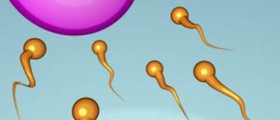

















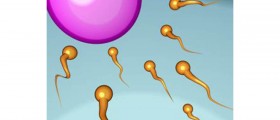

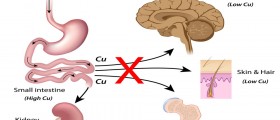
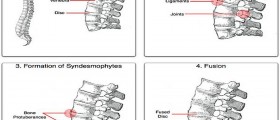



Your thoughts on this
Loading...